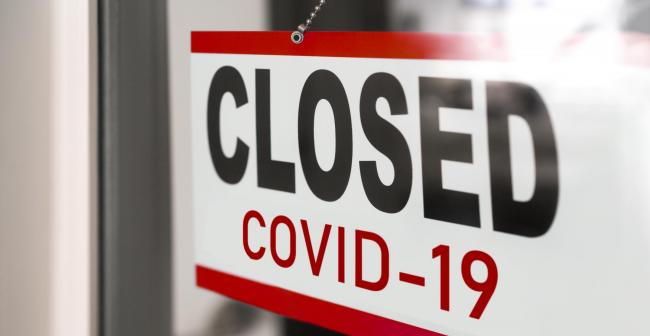A short sharp two week so called circuit break would lead to a decline in cases, with similar declines in hospitalisation and mortality over a short period according to a report released this afternoon.
This could potentially reduce the acute load on the NHS enabling it to continue non-COVID care into the winter months say scientists from the University of Warwick and the London School of Hygiene & Tropical Medicine.
However says the report,to save lives over longer time scales requires driving R below one.A precautionary break is not a lasting control measure, but effectively buys more time to put other controls in place; it takes us ‘back to a time when cases were lower’.
The reduction in cases also allows measures which are resource limited such as test-trace-and-isolate to potentially have a greater impact.
However they say,three important questions remain.Does a pre-planned short duration break have a less harmful impact on the economy and society? Will the general public support, and abide by, another period of tighter controls? and what action will be taken after the break to ensure that we do not return to the same situation?
Prof Graham Medley said: “Christmas is going to be very difficult anyway… So it’s not going to be an easy Christmas and in some ways we kind of missed the boat a little and they are certainly something to think about in terms of the future.”
Prof Matt Keeling, of the University of Warwick, said: “I think it’s almost giving us the time to react differently by resetting the number of cases to a lower level rather than just in terms of saving lives.”







